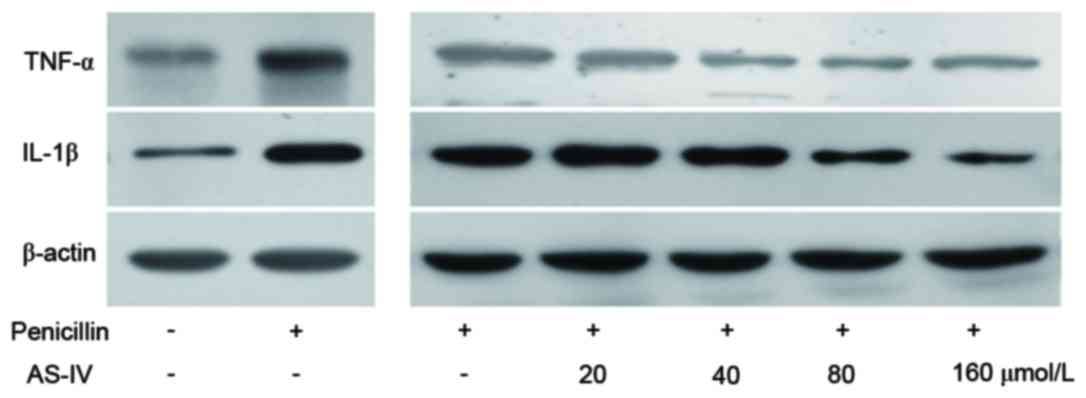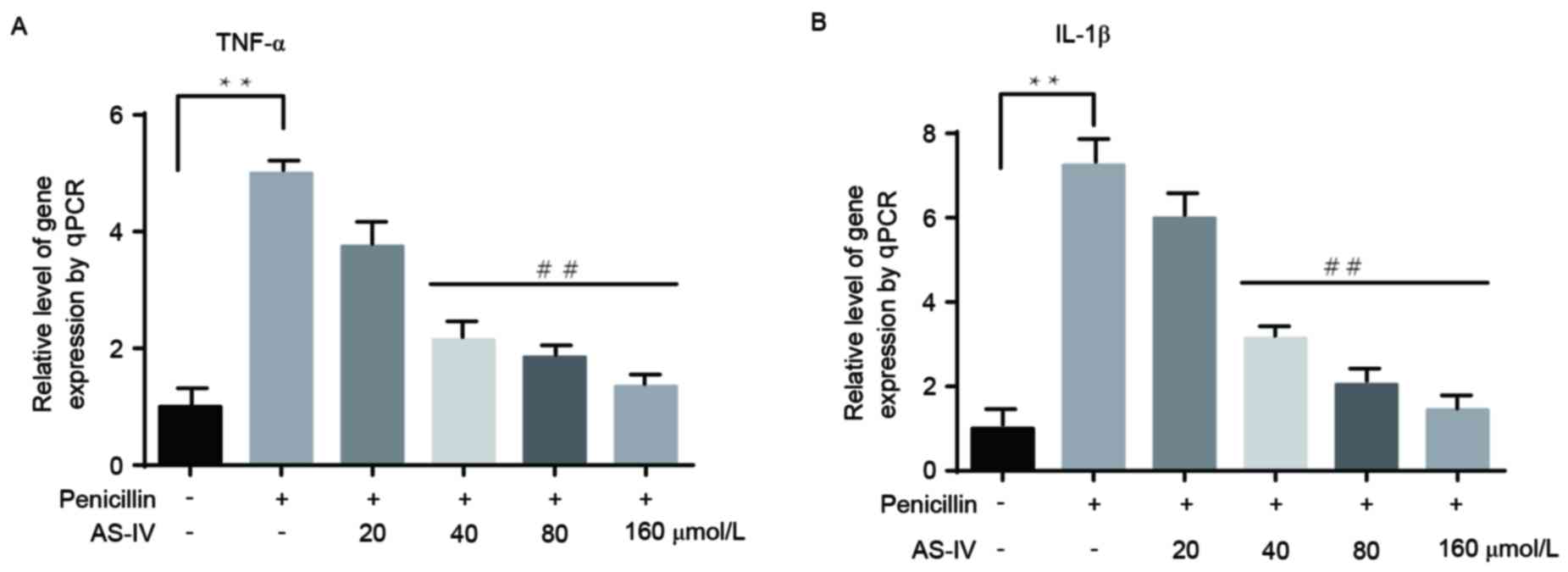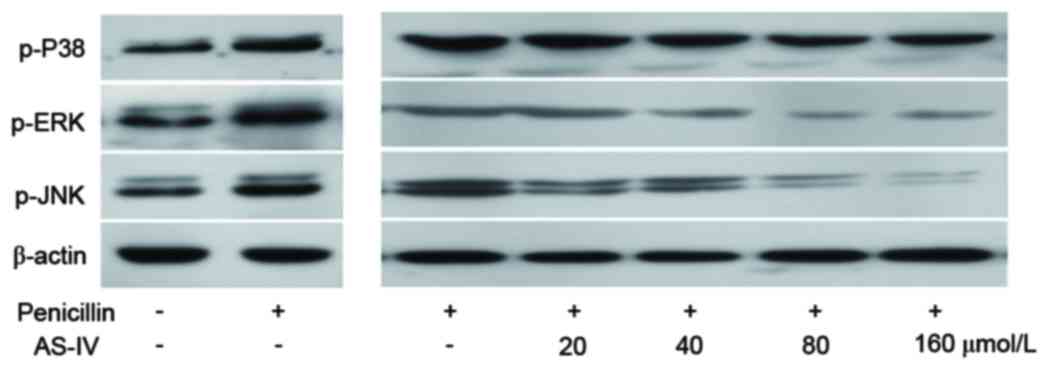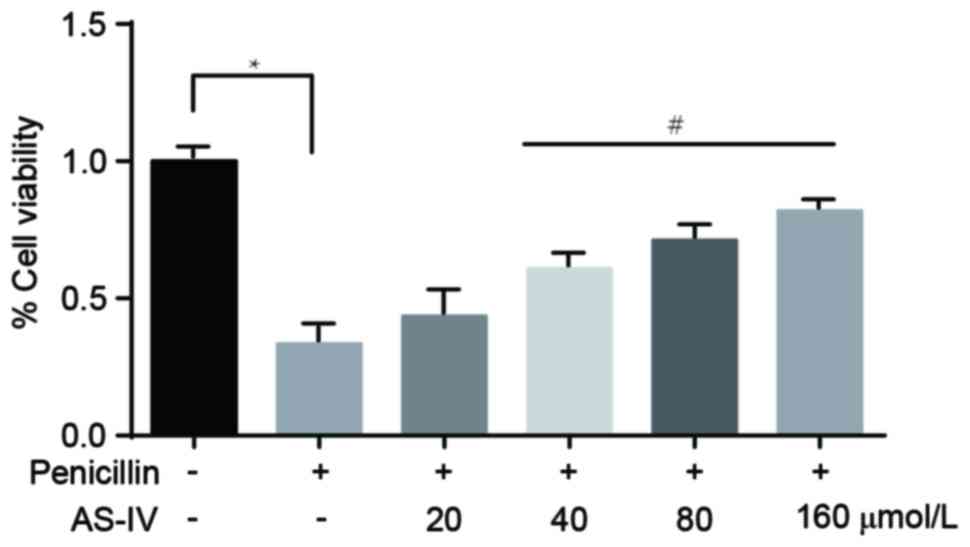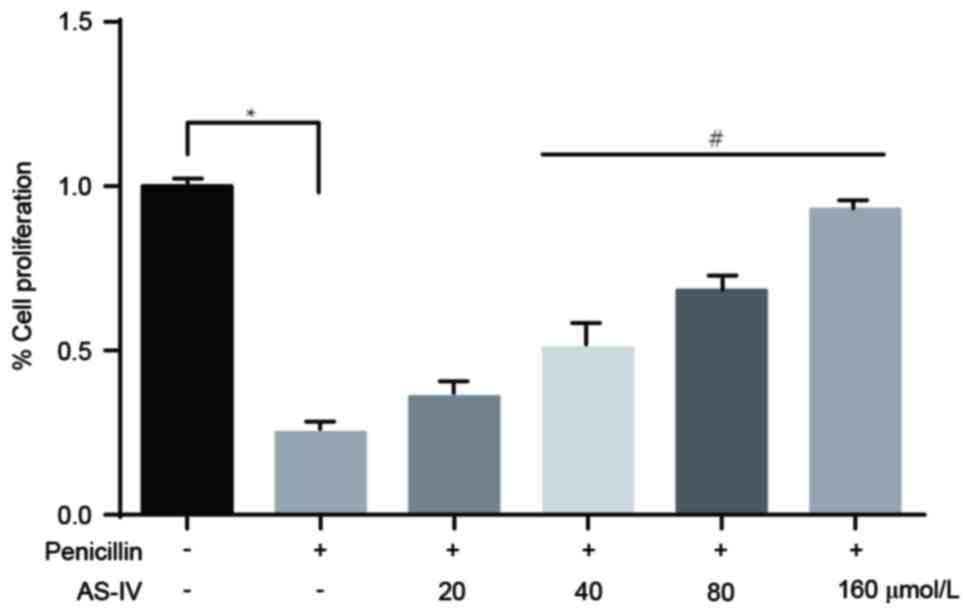|
1
|
Chang BS and Lowenstein DH: Epilepsy. N
Engl J Med. 349:1257–1266. 2003. View Article : Google Scholar : PubMed/NCBI
|
|
2
|
Fisher RS, Acevedo C, Arzimanoglou A,
Bogacz A, Cross JH, Elger CE, Engel J Jr, Forsgren L, French JA,
Glynn M, et al: ILAE Official Report: A practical clinical
definition of epilepsy. Epilepsia. 55:475–482. 2014. View Article : Google Scholar : PubMed/NCBI
|
|
3
|
Thurman DJ, Beghi E, Begley CE, Berg AT,
Buchhalter JR, Ding D, Hesdorffer DC, Hauser WA, Kazis L, Kobau R,
et al: Standards for epidemiologic studies and surveillance of
epilepsy. Epilepsia. 52 Suppl 7:S2–S26. 2011. View Article : Google Scholar
|
|
4
|
EpilepsyFact Sheets. World Health
Organization; 2012
|
|
5
|
GBD 2013 Mortality and Causes of Death
Collaborators: regional, and national age-sex specific all-cause
and cause-specific mortality for 240 causes of death, 1990–2013: A
systematic analysis for the Global Burden of Disease Study 2013.
Lancet. 385:117–171. 2013.
|
|
6
|
Farina C, Aloisi F and Meinl E: Astrocytes
are active players in cerebral innate immunity. Trends Immunol.
28:138–145. 2007. View Article : Google Scholar : PubMed/NCBI
|
|
7
|
Seifert G, Carmignoto G and Steinhäuser C:
Astrocyte dysfunction in epilepsy. Brain Res Rev. 63:212–221. 2010.
View Article : Google Scholar : PubMed/NCBI
|
|
8
|
Aronica E and Crino PB: Inflammation in
epilepsy: Clinical observations. Epilepsia. 52 Suppl 3:S26–S32.
2011. View Article : Google Scholar
|
|
9
|
Vezzani A, Ravizza T, Balosso S and
Aronica E: Glia as a source of cytokines: Implications for neuronal
excitability and survival. Epilepsia. 49 Suppl 2:S24–S32. 2008.
View Article : Google Scholar
|
|
10
|
Bizière K and Chambon JP: Animal models of
epilepsy and experimental seizures. Rev Neurol (Paris).
143:329–340. 1987.(In French). PubMed/NCBI
|
|
11
|
Fisher RS: Animal models of the
epilepsies. Brain Res Brain Res Rev. 14:245–278. 1989. View Article : Google Scholar : PubMed/NCBI
|
|
12
|
Twyman RE, Green RM and MacDonald RL:
Kinetics of open channel block by penicillin of single GABAA
receptor channels from mouse spinal cord neurons in culture. J
Physiol. 445:97–127. 1992. View Article : Google Scholar : PubMed/NCBI
|
|
13
|
Qiu YY, Zhu JX, Bian T, Gao F, Qian XF, Du
Q, Yuan MY, Sun h, Shi LZ and Yu H: Protective effects of
Astragaloside IV against ovalbumin-induced lung inflammation are
regulated/mediated by T-bet/GATA-3. Pharmacol. 94:51–59. 2014.
View Article : Google Scholar
|
|
14
|
Qiu L, Yin G, Cheng L, Fan Y, Xiao W, Yu
G, Xing M, Jia R, Sun R, Ma X, et al: Astragaloside IV ameliorates
acute pancreatitis in rats by inhibiting the activation of nuclear
factor-κB. Int J Mol Med. 35:625–636. 2015. View Article : Google Scholar : PubMed/NCBI
|
|
15
|
Özdemir MB, Akça H, Erdoğan Ç, Tokgün O,
Demiray A, Semin F and Becerir C: Protective effect of insulin and
glucose at different concentrations on penicillin-induced astrocyte
death on the primer astroglial cell line. Neural Regen Res.
7:1895–1899. 2012.PubMed/NCBI
|
|
16
|
Livak KJ and Schmittgen TD: Analysis of
relative gene expression data using real-time quantitative PCR and
the 2(-Delta Delta C(T)) method. Methods. 25:402–408. 2001.
View Article : Google Scholar : PubMed/NCBI
|
|
17
|
Hirtz D, Thurman DJ, Gwinn-Hardy K,
Mohamed M, Chaudhuri AR and Zalutsk R: How common are the ‘common’
neurologic disorders? Neurol. 68:326–337. 2007. View Article : Google Scholar
|
|
18
|
Brodie MJ, Elder AT and Kwan P: Epilepsy
in later life. Lancet Neurol. 8:1019–1030. 2009. View Article : Google Scholar : PubMed/NCBI
|
|
19
|
Holmes, Thomas R. Browne and Gregory L:
Handbook of epilepsy. 4th edition. Philadelphia: Lippincott
Williams & Wilkins; pp. 7ISBN 978-0-7817-7397-3. 2008
|
|
20
|
Noebels JL, Avoli M, Rogawski MA, et al:
Jasper's Basic Mechanisms of the Epilepsies. Oxford University
Press; pp. 466–470. 2012
|
|
21
|
Bromfield EB, Cavazos JE and Sirven JI: An
introduction to epilepsy. American Epilepsy Society. 2006.
|
|
22
|
Blumenfeld H: Cellular and network
mechanisms of spike-wave seizures. Epilepsia. 46:21–33. 2005.
View Article : Google Scholar : PubMed/NCBI
|
|
23
|
Sofroniew MV and Vinters HV: Astrocytes:
Biology and pathology. Acta Neuropathol. 119:7–35. 2010. View Article : Google Scholar : PubMed/NCBI
|
|
24
|
Vezzani A, Maroso M, Balosso S, Sanchez MA
and Bartfai T: IL-1 receptor/Toll-like receptor signaling in
infection, inflammation, stress and neurodegeneration couples
hyperexcitability and seizures. Brain Behav Immun. 25:1281–1289.
2011. View Article : Google Scholar : PubMed/NCBI
|
|
25
|
Vezzani A, French J, Bartfai T and Baram
TZ: The role of inflammation in epilepsy. Nat Rev Neurol. 7:31–40.
2011. View Article : Google Scholar : PubMed/NCBI
|
|
26
|
Vezzani A, Balosso S and Ravizza T: The
role of cytokines in the pathophysiology of epilepsy. Brain Behav
Immun. 22:797–803. 2008. View Article : Google Scholar : PubMed/NCBI
|
|
27
|
Balosso S, Ravizza T, Perego C, Peschon J,
Campbell IL, De Simoni MG and Vezzani A: Tumor necrosis
factor-alpha inhibits seizures in mice via p75 receptors. Ann
Neurol. 57:804–812. 2005. View Article : Google Scholar : PubMed/NCBI
|
|
28
|
Ravizza T, Lucas SM, Balosso S, Bernardino
L, Ku G, Noé F, Malva J, Randle JC, Allan S and Vezzani A:
Inactivation of caspase-1 in rodent brain: A novel anticonvulsive
strategy. Epilepsia. 47:1160–1168. 2006. View Article : Google Scholar : PubMed/NCBI
|
|
29
|
Bellinger FP, Madamba S and Siggins GR:
Interleukin 1 beta inhibits synaptic strength and long-term
potentiation in the rat CA1 hippocampus. Brain Res. 628:227–234.
1993. View Article : Google Scholar : PubMed/NCBI
|
|
30
|
Schneider H, Pitossi F, Balschun D, Wagner
A, del Rey A and Besedovsky H: A neuromodulatory role of
interleukin-1beta in the hippocampus. Ann NY Acad Sci.
95:7778–7783. 1998. View Article : Google Scholar
|
|
31
|
Allan SM, Tyrrell PJ and Rothwell NJ:
Interleukin-1 and neuronal injury. Nat Rev Immunol. 5:629–640.
2005. View
Article : Google Scholar : PubMed/NCBI
|















